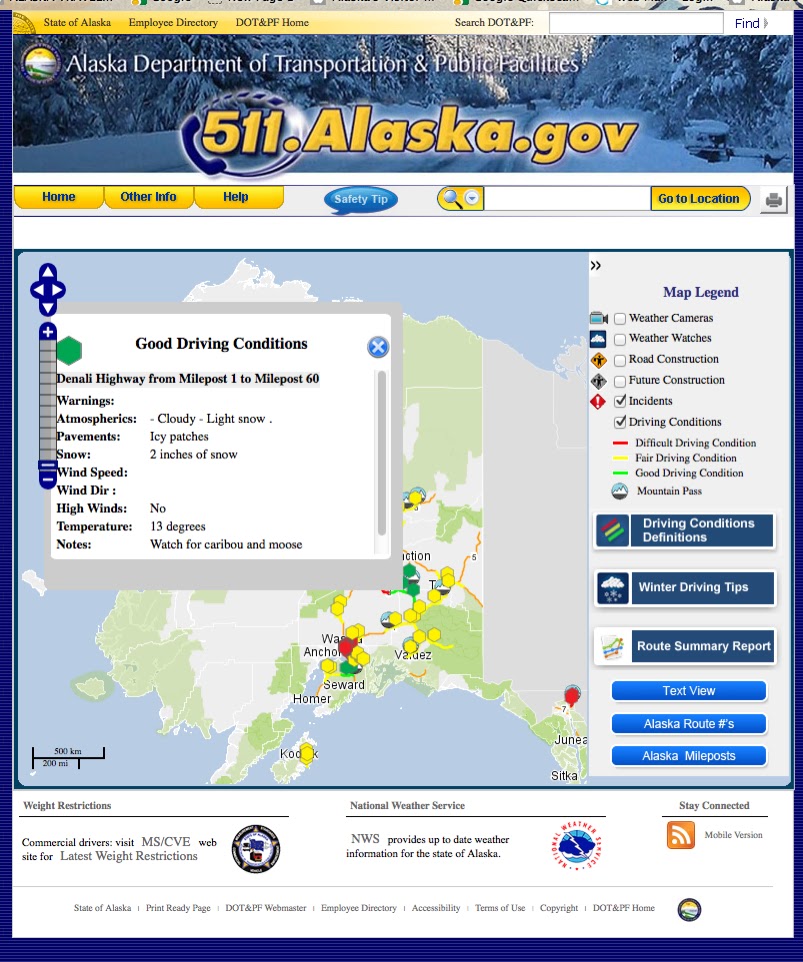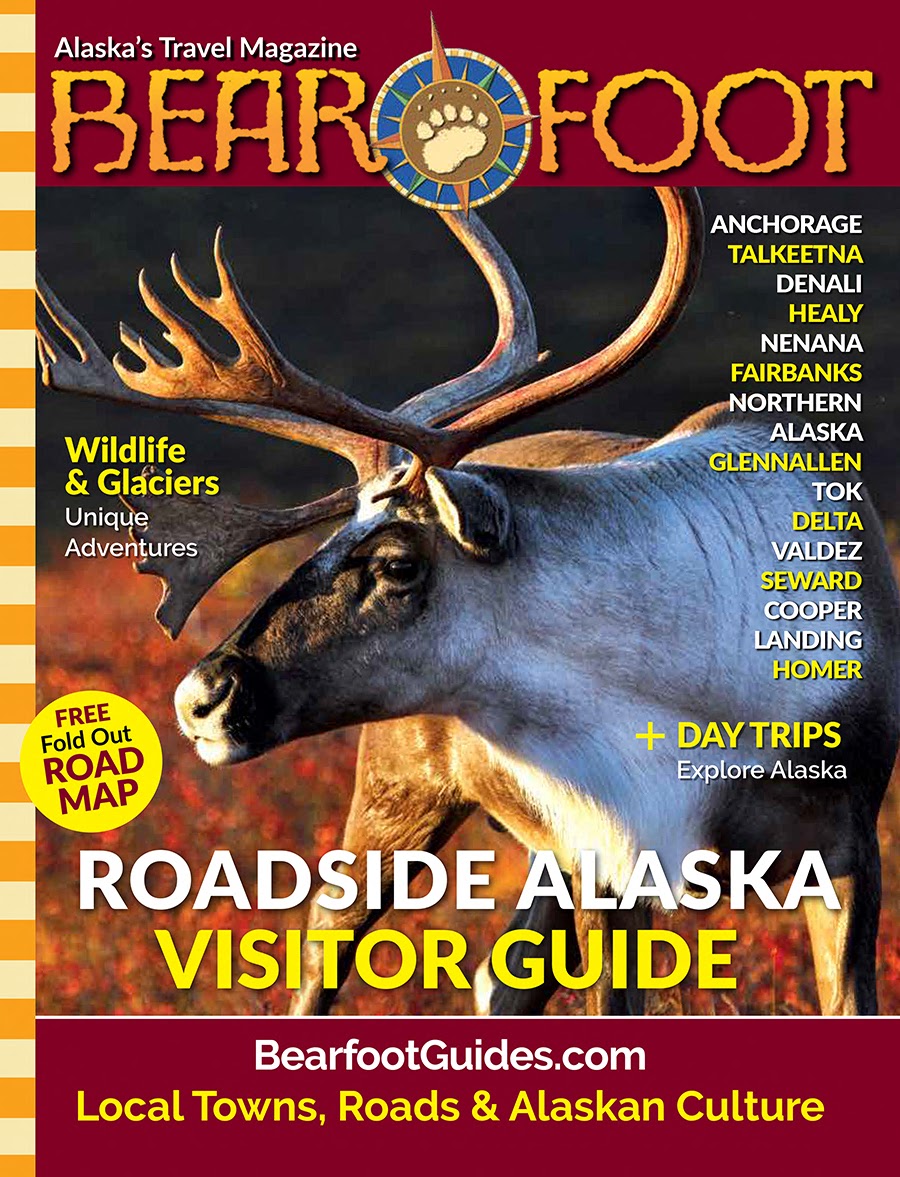We Are Not Talking About Distant Warnings; Communities Are Making Impossible Choices
Alaskan Tragedy This Is A Cultural Emergency Opinion Piece By Samuel Johns Son of Don Johns and grandson of the former Ruth Johns & ...
Alaskan Tragedy
This Is A Cultural Emergency
Opinion Piece By Samuel Johns
Son of Don Johns and grandson of the former Ruth Johns & Ahtna Traditional Chief Harry Johns of Copper Center, Samuel runs Forget-Me-Not,
which supports homeless people in Anchorage. Samuel's mother is from Arctic Village.
 |
| Samuel Johns (center) at a Gulkana potlatch in 2019. (Photo, Country Journal) |
There comes a point when we have to put our pride aside and be honest about where we are. That moment is now.
In the western part of Alaska, entire communities are being forced to make impossible choices to leave the lands their ancestors have called home for thousands of years. We are no longer talking about abstract projections or distant warnings. We are witnessing the first wave of climate change refugees in the United States.
Over a thousand people are sheltering across a dozen sites, many rescued by helicopter. Many remote communities were hit by former Typhoon Halong, their runways flooded and access by air or boat cut off. One woman from Kwigillingok lost her life; two others remain missing.
This is climate change. This is the cost of capitalism and extraction. Our lives, our communities, our people matter. The North is calling on you to see us, hear us and stand with us.
These are not faceless statistics. These are families who have buried their loved ones in the same ground where they hunted, fished and gathered for generations. Their displacement is not just a loss of land; it is a loss of language, tradition, and the rhythm of life itself.
When an Indigenous language describes the timing of the salmon run, the gathering of berries, or the change in river ice, it reflects a living relationship with the Earth. Those words carry centuries of ecological knowledge and spiritual understanding. When the climate shifts so dramatically that the salmon no longer return when they once did, or the berries ripen weeks earlier, those languages lose their grounding. And when the land disappears, the vocabulary of that place, the expressions born from its abundance, begin to disappear too.
This isn’t just an environmental crisis. It’s a cultural emergency.
Yet the federal response remains reactive, not proactive. Rebuilding or relocating entire villages is costly. And when budgets get tight, governments often take the path of least resistance: encouraging people to move into larger hub communities or cities. The danger in that approach is quiet but devastating. Once people are uprooted, their traditional lands become open ground no longer bound by the same protections, no longer shielded by the red tape that comes with Indigenous ownership.
That’s why leadership from the Alaska Federation of Natives and from Indigenous leaders across the state is so critical. We can’t afford to wait for a federal plan. We need a strategy that honors sovereignty, culture and resilience. One that says to the rest of America: we may be at the frontlines of this crisis, but we are not victims of it.
For millennia, the Indigenous peoples of Alaska have adapted to these lands, surviving floods, famine, ice, and isolation. But no community can adapt to inaction. The world must understand that this crisis wasn’t created by the people who are now suffering from it. And they should not be asked to bear the cost alone.
If we are to meet this moment with justice, then our language must reflect the truth. These are climate change refugees. And their stories must be heard not as a warning for the future, but as a call to act in the present.
Because every time a word is forgotten, a fish run disappears, or a community is forced to leave its homeland, we lose a piece of ourselves, a piece of what makes this country whole.
-- By Samuel Johns, formerly of Copper Center











